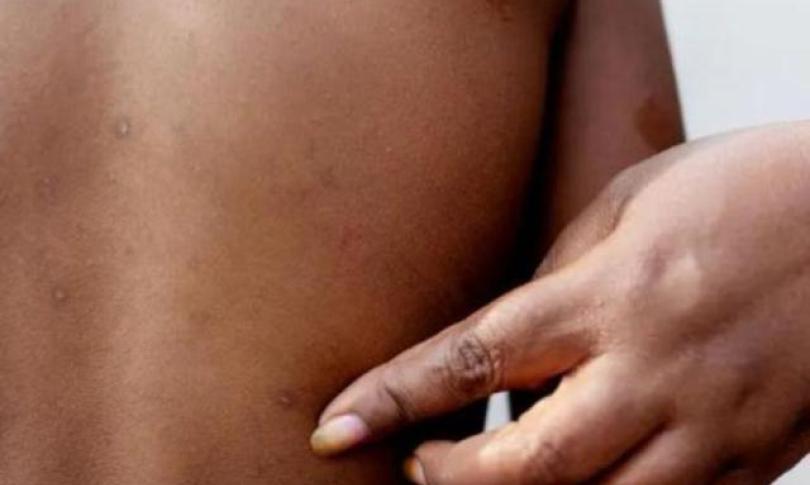
Health authorities in Guinea have confirmed the country's first case of the Monkeypox virus, raising a major public health concern in a region that has historically battled with infectious diseases. The National Health Security Agency (ANSS) announced the development on Monday September 2, three days after detection. The patient is believed to be a 7-year-old girl who hails from the rural commune of Koyamah, located in Macenta within Guinea's Forest Region-—the area that birthed the Ebola epidemic in 2014-15.
Experts say, the young patient had reported to a local health facility on August 30 showing signs that raised suspicion among health workers; her sample was sent to a virology research center in the prefecture of Guéckédou where tests later revealed she had been infected by the Monkeypox virus.
Dr Sakoba Keita, director-general of ANSS, stressed the need for immediate action while stating: “The detection of Monkeypox in Guinea calls for heightened surveillance and immediate response especially in affected areas with a history of major outbreaks.” Prior to this confirmation Guinea had recorded nine suspected cases of Monkeypox (Mpox) as at August 26.
The development has prompted further concern by public health officials who have warned about this region's vulnerability to infectious diseases. Dr Amadou Thierno Diallo, leading epidemiologist who managed Ebola outbreaks said, “the Forest Region is still recovering from an outbreak like Ebola and now with this case involving monkeypox-—we have to act immediately to prevent further transmission and protect those populations at risk.”
With this confirmation, Sierra Leone remains now the only member state within Mano River Union yet to record case(s) of Monkeypox. Meanwhile parents across Sierra Leone have received assurances from their Ministry of Health and Sanitation regarding its surveillance systems—Dr. Austin Demby, Sierra Leone's Minister of Health and Sanitation added, "We are prepared to either prevent the entry of the virus into our country or if it enters to detect it early and implement measures to contain its spread."
Monkeypox being a viral zoonosis was first reported in humans in 1970 in the Democratic Republic of Congo. Monkeypox occurs primarily in central and west African countries near tropical rainforests. The illness looks similar to human smallpox, though less severe.
The monkeypox virus causes fever, rush and swollen lymph nodes, and can lead to a range of complications. The World Health Organization (WHO) and the Africa Centres for Disease Control and Prevention (Africa CDC) have declared Monkeypox a public health emergency, underscoring the urgency of coordinated efforts to manage its spread.
Given the potential for outbreaks to strain already fragile health systems, experts are calling for international support and collaboration. "The health systems in most African countries are still vulnerable. We need international cooperation and political will to ensure that countries like Guinea can access the resources needed to combat emerging health threats effectively," said Dr. Matshidiso Moeti, WHO Afro- regional director.
